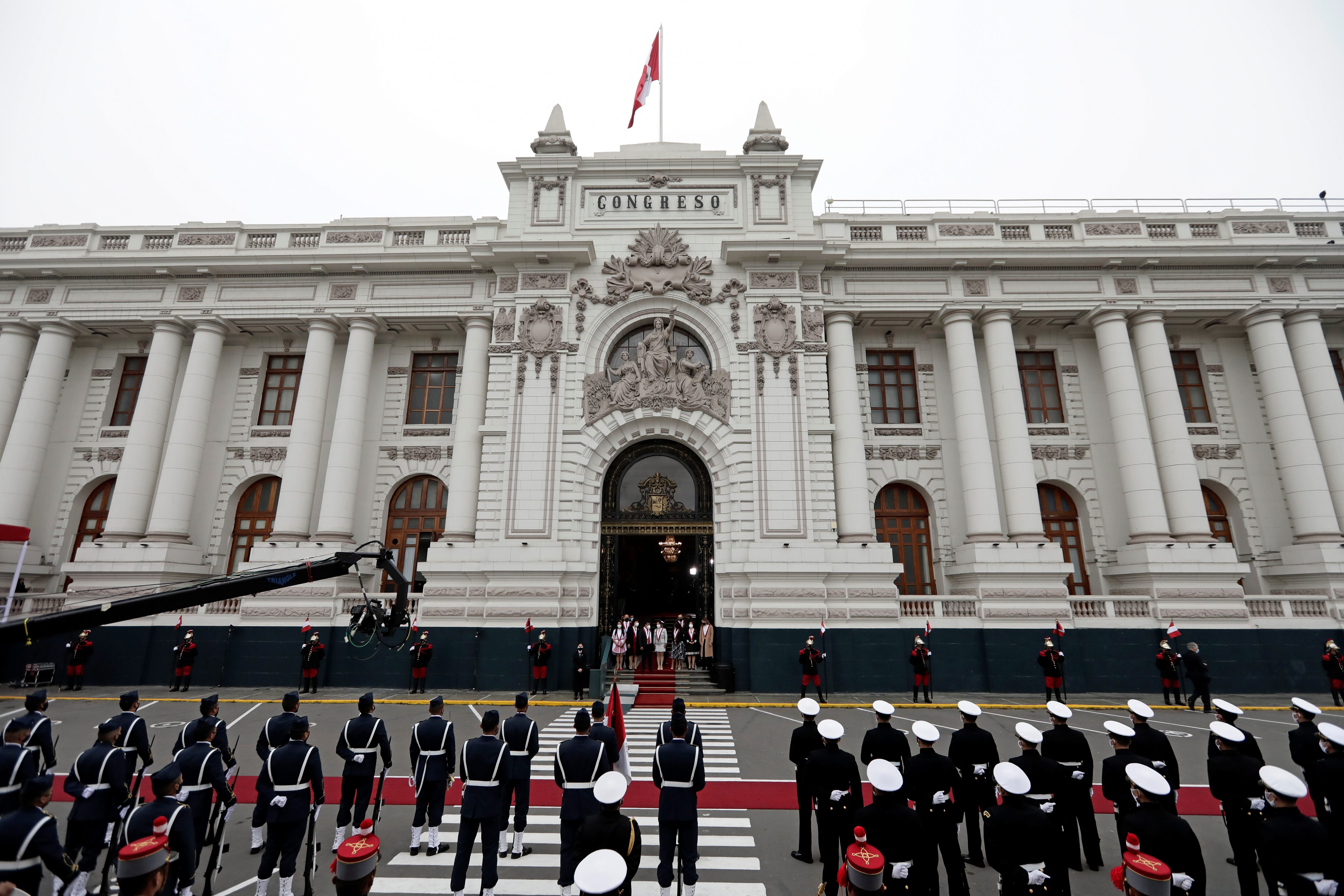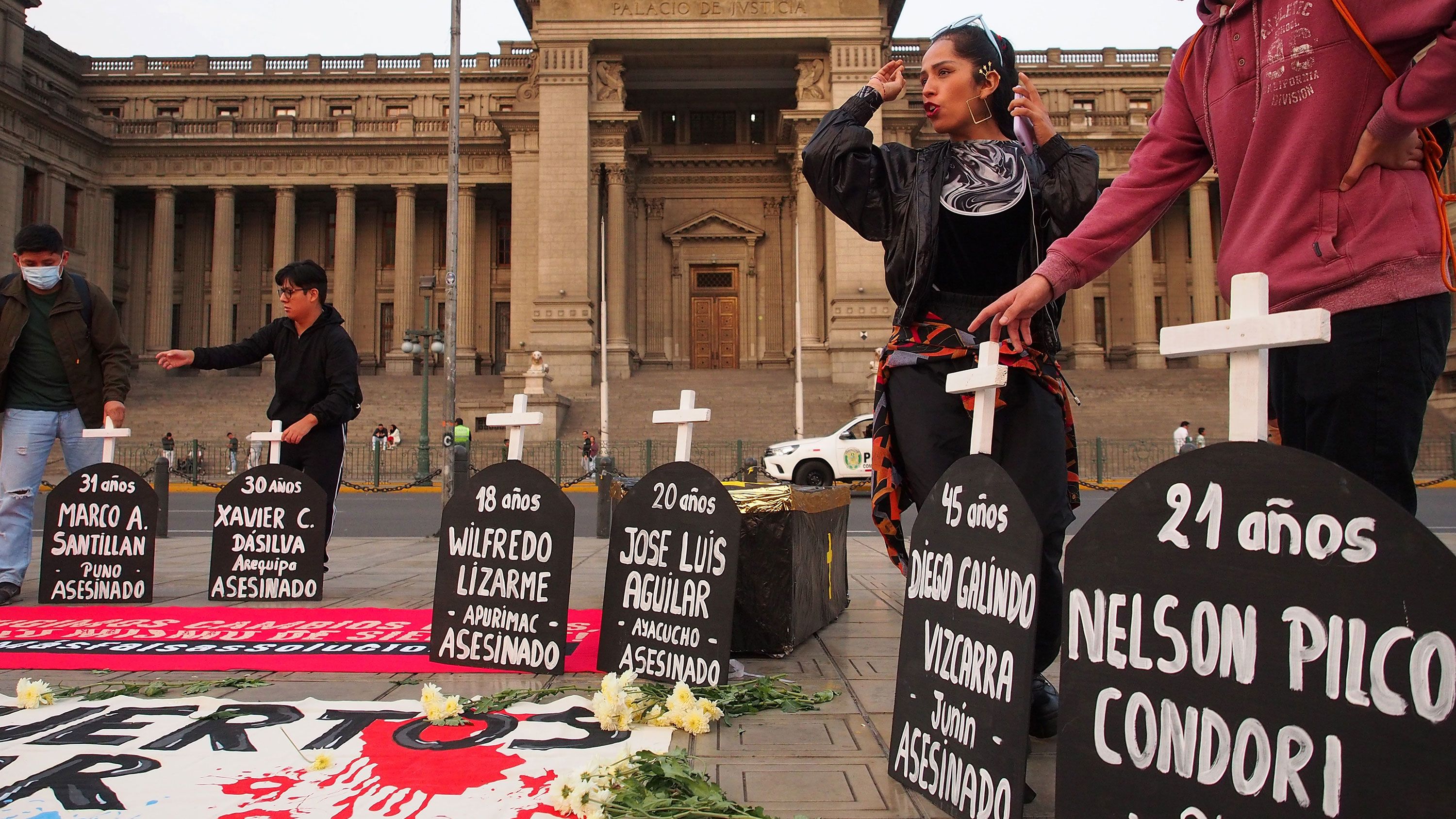Peru"s President Dina Boluarte has sparked outrage by doubling her salary to approximately $10,000 per month, a decision that reflects a shocking disconnect from the economic realities facing the majority of Peruvians. With poverty rates hovering around 30% and a staggering approval rating of just 2% to 4%, this salary increase raises serious questions about priorities in a nation struggling with deep social and economic divides.
Boluarte"s Salary Hike Defies Public Sentiment
Announced on July 3, the salary increase from 15,600 soles to 35,568 soles was justified by the government as a necessary adjustment to align with other Latin American leaders. However, this argument falls flat in the face of widespread public discontent. As the economy rebounds from a recession, the lingering effects of the COVID-19 pandemic continue to manifest in high poverty rates, leaving many Peruvians questioning the merit of such a lavish pay raise.
Poverty Persists Amid Economic Recovery
According to recent data, despite a rebound in economic growth, the plight of the poor remains dire. Nearly 30% of the population lives in poverty, with countless families struggling to meet basic needs. As reported by Reuters, sentiments from the public are increasingly vocal. Pensioner Rolando Fonseca"s remarks, calling the salary increase a "joke," highlight the frustration many feel towards a government that seems detached from the realities of everyday life.
\n\n
Peru"s Castillo shuns palatial "House of Pizarro" in break ...
Corruption Allegations Further Erode Trust
The approval ratings for Boluarte"s government are in free fall, plagued by corruption allegations, including accusations of illicit enrichment linked to luxury items such as Rolex watches. These allegations, alongside her administration"s heavy-handed response to anti-government protests that resulted in over 50 deaths, have compounded her unpopularity. Public trust has eroded, and the recent salary hike feels like a slap in the face to those who have suffered under her leadership.
Political Landscape and Implications
The political landscape in Peru is tumultuous, with Boluarte facing repeated attempts to impeach her. However, these efforts have been thwarted by conservative political factions that continue to support her. The implications of this salary increase extend beyond mere optics; it symbolizes a broader trend of elite disconnection from the struggles of the working class. Lawmaker Jaime Quito"s plans to introduce legislation to annul the salary increase reflect growing dissent within the political sphere, but the question remains whether these efforts can gain traction.
\n\n
Protest returns to Peru with fresh demands against official ...
Calls for Accountability Grow Louder
The stark contrast between Boluarte"s increased salary and the ongoing struggles of the average Peruvian raises critical questions about accountability and governance. As the nation approaches presidential elections in April 2026, the electorate will undoubtedly scrutinize the policies and practices of those in power. According to the Rio Times, the average salary for Latin American presidents ranges significantly, but the disparity between leaders and their citizens cannot be ignored. The call for accountability must be central to any future political discourse, especially in a nation where the gap between wealth and poverty is stark.







![[Video] Gunfire between Iraqi security forces and Sadr militias in Baghdad](/_next/image?url=%2Fapi%2Fimage%2Fthumbnails%2Fthumbnail-1768343508874-4redb-thumbnail.jpg&w=3840&q=75)
